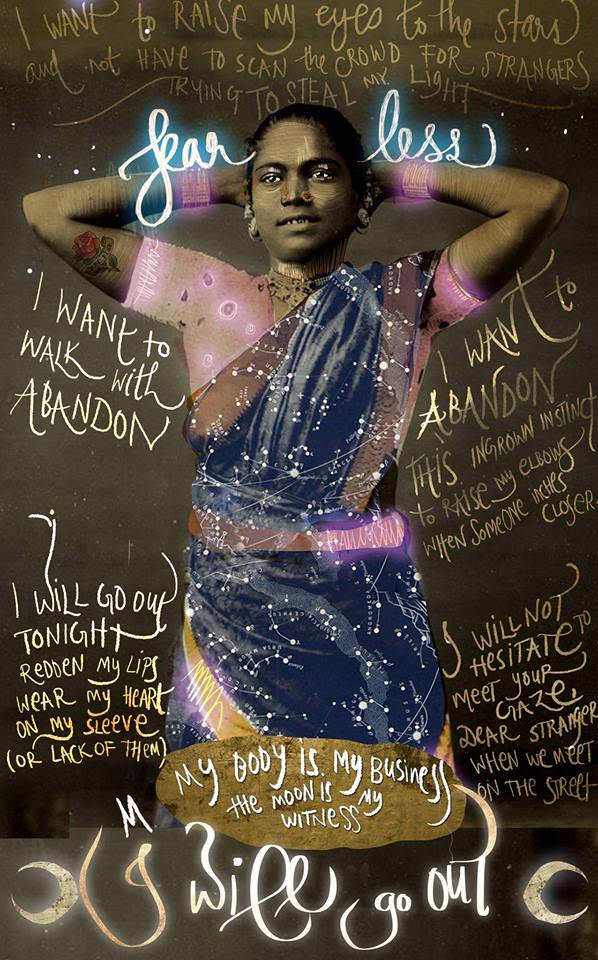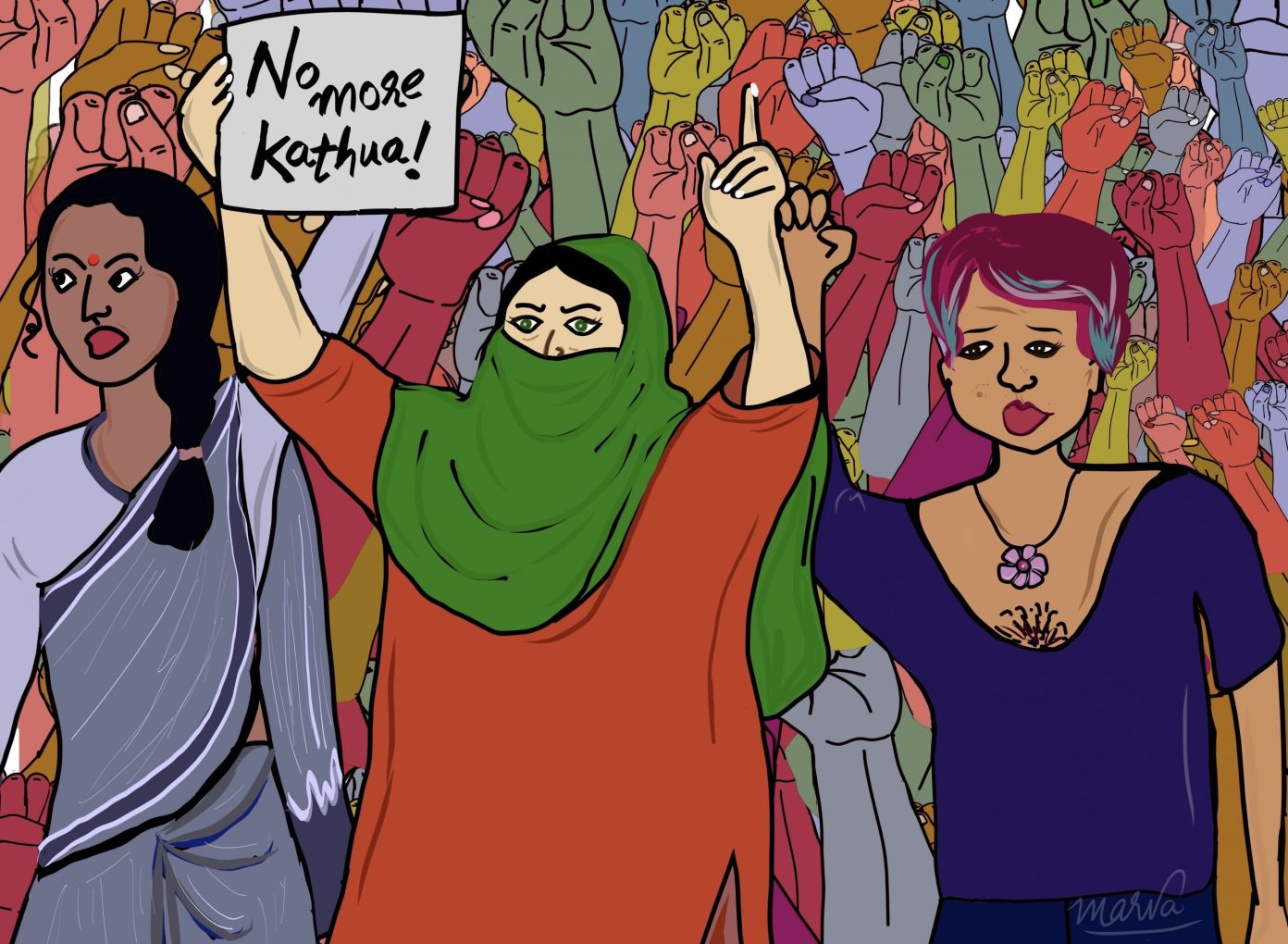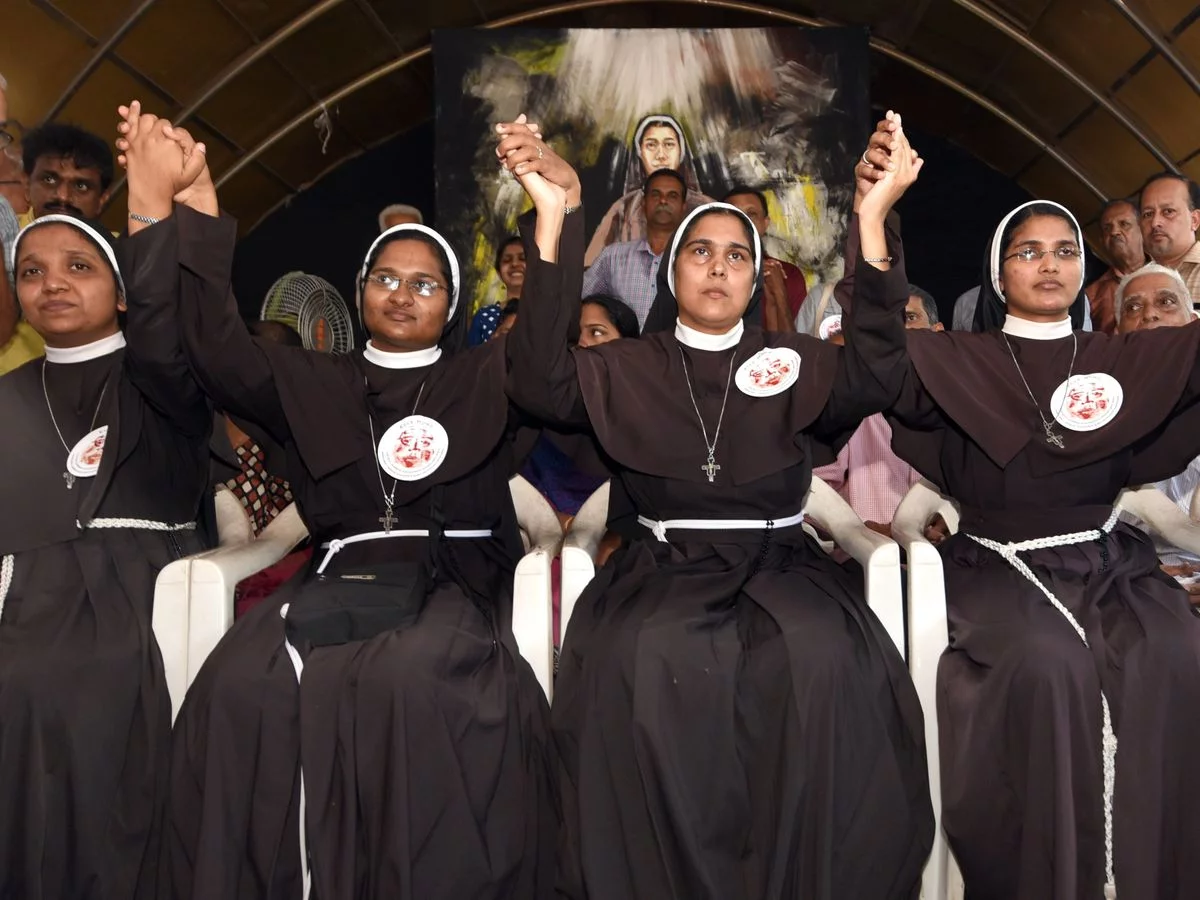We all probably remember several reports, albeit in tentative tones, of the “alleged” gang-rape of women during the Jat protests last year. We also remember how bitterly these reports were then contested and denied, while aspersions were cast on the few women who were willing to speak about it. Many of us also remember the exhortations of the then Chief Minister of Delhi, Sheila Dixit, that “one should not be adventurous”, after the murder of journalist Soumya Viswanathan while commuting late in the night. The gang-rape and death of Jyoti Singh is a case of monumental memorialisation, so also the backlash faced by rape survivor Suzette Jordan who, as a single mother, was “partying late” on the night she was attacked.
While these incidents drew heavy comment from all and sundry, there have been a host of other “attacks” on women who have chosen to own public spaces. The acid attack on Soni Sori for her spirited and very public questioning of the State, the rape of Chhatisgarh’s tribal women, and the rape and murder of Manorama by the armed forces, are incidents of women facing “the consequences” of being “public”— of stepping out in the open either for political engagement, or for pleasure.
Also Read: WSS Statement On NHRC Order On Chhattisgarh
As women from a dozen cities prepare for a nation-wide march triggered by several appalling several stories of molestation on New Year’s eve in Bengaluru, we protest not only the right of a woman to loiter in public, but also the impunity with which they are seen as “fair game” when they choose to own the streets. We protest not only the victim-blaming that followed after, but also the license men think they have to intrude upon women’s narratives and make them their own (read #NotAllMen). We protest against the social mores that prevent young girls from going to school when they start menstruating, that make homeless women prey all forms of abuse. We protest against the regime of self-regulation women in conflict areas have to follow to avoid being raped by armed forces. We are protesting to highlight the violence inherent in imposing restrictions on mobility for no better reason than “fear.”
The nationwide march, to be carried out on January 21, 2017, has been aptly titled “#IWillGoOut”— a statement of will and gesture of agency. True to the spirit of a leaderless movement, the much-orchestrated marches are organised by a collective of individuals. Over 20 organisations all over the country, and 20 cities (and counting) have signed statements of solidarity condemning antiquated notions of honour that restrict women indoors, and disturbing displays of predatory male machismo that disregard women’s autonomy. Several people from Kashmir, who will be unable to march in the open, have pledged to the cause over social media.
Also Read: #YesAllWomen – Response To #BengaluruMolestation and #NotAllMen
While women, and other marginalised communities continue to be enraged at their vulnerability, sections of people are busy expressing shock that the widespread molestations happened in Bangalore, rather than in Delhi,”the rape capital” — instead of being outraged at such an incident happening at all. Considerable effort has been exercised to blame women’s clothing and their apparent audacity to imagine they could party on New Year’s eve without incident. Several men bemoaned in large numbers, how “all men” get implicated in the actions of a few; but instead of questioning the culprits, they chose to train guns against the women themselves.
And that is why women must march! Not only to reclaim the streets, but also to start a discourse around access to public spaces; to investigate the idea of public visibility and how women must bear the burden of several socio-cultural expectations in order to be deserving of “safety”—wear a dupatta, cover the cleavage, sit with legs crossed, don’t talk loudly, get home before dark. Women must march to question the notions of protectionism, and replace it with autonomy and dignified personhood.
Join the national movement here.
Also read: Official Statement By The #IWillGoOut Collective
Also read: Some Frequently Asked Questions For Media By #IWillGoOut
About the author(s)
Swarnima is an independent researcher currently associated with Women's Feature Service. Can be contacted at @SwarnsB





This is all about women when out from home or office but what about abusive messages at workplaces from respectable people at top management. Like few working in Fidelity gurgaon
Women have to keep the mouth shut as law do not punish such men nor does the organization takes any action . People with good positions are also equally responsible as uneducated idiots who did wrong on New Year eve in Bangalore. Women are always seen as targets bcoz our system is weak enuf to teach lesson to men of our country.
@Fidelity Gurgaon Management
If you care for one DCBA’s opinion, I’m very pleased that the motivation for IWillGoOut is what is happening to Indian women in India. My daughters and I will march here in the Bay Area in the US, but we wish we could join you.
#HowCanYouSayThatAboutMe!: #NotAllMen, like its US equivalent #NotAllWhitePeople, is distracting (the focus is shifted to their needs instead of their understanding the issue at hand), boring (you have to listen to the same stories about “that one time when …”), defensive (they feel personally attacked and it becomes about their privilege to not feel uncomfortable) and bullshit (most don’t even see that they are enablers and mostly complicit in perpetuating the misogyny or racism that one is trying to make them understand).
Women of India, thank you for your courage. Stand together strongly–you inspire the world.
We (and here I speak for all feminists worldwide, without exception) are with you in mind and spirit.